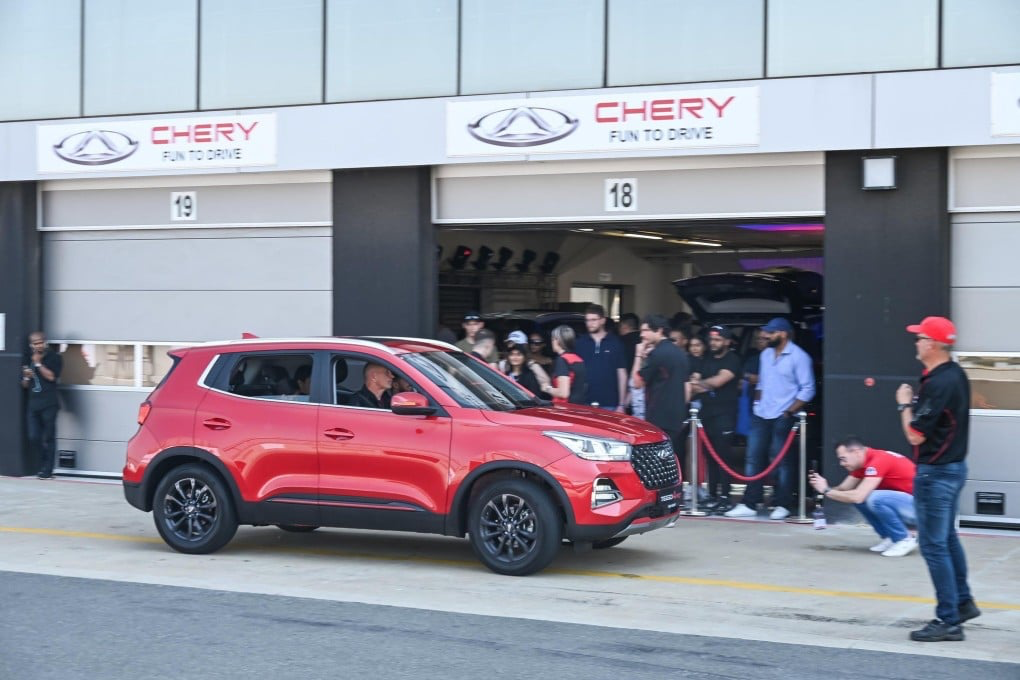By Karabo Mohamme

In recent years, Chinese automotive brands have gained significant traction in South Africa, transforming from low-cost alternatives to serious contenders in the local market. Brands like Haval, Chery, GWM (Great Wall Motors), and BYD have experienced remarkable growth, fueled by competitive pricing, advanced features, and a strategic focus on the needs of South African consumers. Chery, for example, recorded a 22.4 percent increase in year-on-year sales in 2024, reflecting the rising demand for affordable, high-quality vehicles.
Chinese automakers have found success in South Africa by offering value-rich cars that combine affordability with features typically found in higher-end models. Vehicles like the Chery Tiggo 4 Pro and the Haval Jolion include advanced technology such as 360-degree cameras, digital dashboards, and smart connectivity — often at prices well below those of Japanese and European competitors. This value proposition is particularly appealing to South Africa’s growing middle class, who are seeking practicality without sacrificing modern comforts.
Initially met with skepticism over quality and reliability, Chinese carmakers have taken bold steps to win consumer trust. Many now offer industry-leading warranties, for example, GAC Motors provides a lifetime engine warranty which reassures buyers concerned about long-term performance and resale value. The increasing number of Chinese vehicles in the used car market also signals growing confidence among South African consumers.
Although Chinese companies have expanded their retail presence, domestic manufacturing efforts are still ongoing. The BAIC assembly plant in Gqeberha, which opened in 2018, has produced the most popular car in 2024 in South Africa. Ongoing discussions by brands like BYD and Chery about future local assembly facilities suggest a long-term commitment to deeper integration into the South African economy.
China’s automotive strategy in South Africa also aligns with global trends, particularly in the transition to electric mobility. Chinese automakers are at the forefront of South Africa’s fledgling electric vehicle (EV) market, with models like the BYD Dolphin set to become the country’s most affordable EV. Chery and other brands are also launching plug-in hybrids, targeting environmentally conscious consumers and anticipating a shift in policy support for green mobility.
Looking ahead, China’s presence in the South African automotive industry is expected to grow stronger. Through a combination of innovative products, market responsiveness, and potential local investment, Chinese brands are not just competing,they are reshaping the competitive landscape. Their success in South Africa may well serve as a blueprint for further expansion across the African continent.
 Africa -China Review Africa -China Cooperation and Transformation
Africa -China Review Africa -China Cooperation and Transformation
